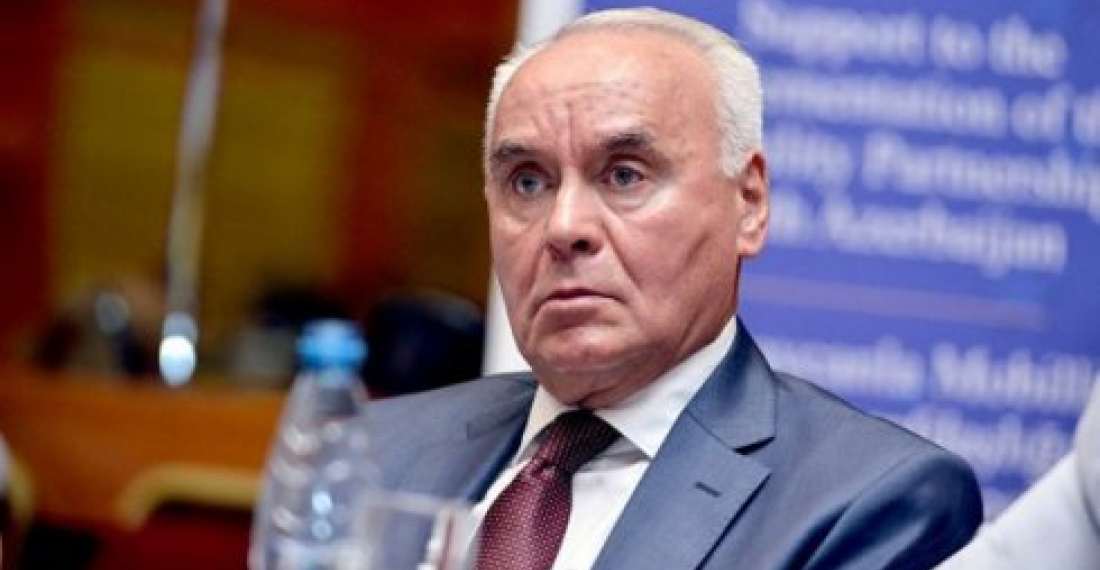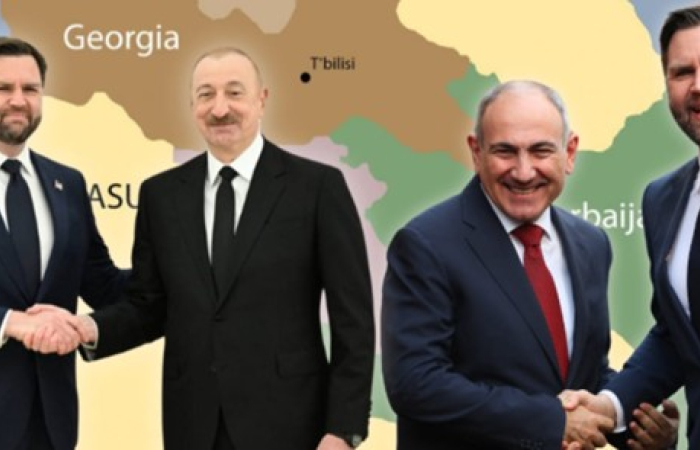The future of Azerbaijan as a member of the Council of Europe is currently a matter of discussion in both Strasbourg and Baku.
In the Parliamentary Assembly of the Council of Europe (PACE), and in the organisations Committee of Ministers, Azerbaijan has been criticised for failing to adhere with some of the Council of Europe's criteria, and of not implementing decisions of the European Court of Human Rights. Informally, there have been suggestions that Azerbaijan's membership of the Council or the Parliamentary Assembly may be suspended.
read more here
In Baku, there have been accusations of a campaign against Azerbaijan in European circles, and some have suggested that Azerbaijan should leave the Council of Europe unilaterally.
Azerbaijan's veteran deputy Foreign Minister Mahmoud Mammedguliev, who is also responsible for relations with the European Union, has stepped into the discussion with an exclusive interview carried on the influential web portal Haqqin.az, arguing against leaving, and reminding of some of the history of the relations between Azerbaijan and the Council.
"I do not think that Azerbaijan's withdrawal from the Council of Europe is the right idea. Despite double standards and injustice towards Azerbaijan, I believe that we must remain in this organisation and continue to defend our position".
Mahmud Mammadguliyev noted that even before Azerbaijan joined the Council of Europe as a full member, he headed the Azerbaijani delegation in this structure for many years.
"The late Heydar Aliyev attached great importance to relations with the Council of Europe. It was on his instructions that we held long negotiations on joining this organisation. I do not think that simply because there are several anti-Azerbaijani elements, we should surrender our positions". Referring to recent statements by Council of Europe Secretary-General, Jagland, Mahmud Mammadguliev said he was not the entire organization. "Today he is there, tomorrow he will not be. But in the Council of Europe there are 47 states, with which Azerbaijan has established excellent relations".
According to Deputy Minister, Azerbaijan has the same rights in the Council of Europe as all the other members.
"We entered this organization voluntarily and consciously. My position is that we must remain in it and defend our positions. No one can interfere with the activities of Azerbaijan in the Council of Europe", he said.
source: commonspace.eu with haqqin.az
photo: Azerbaijan Deputy Foreign Minister Mahmud Mammedguliev







